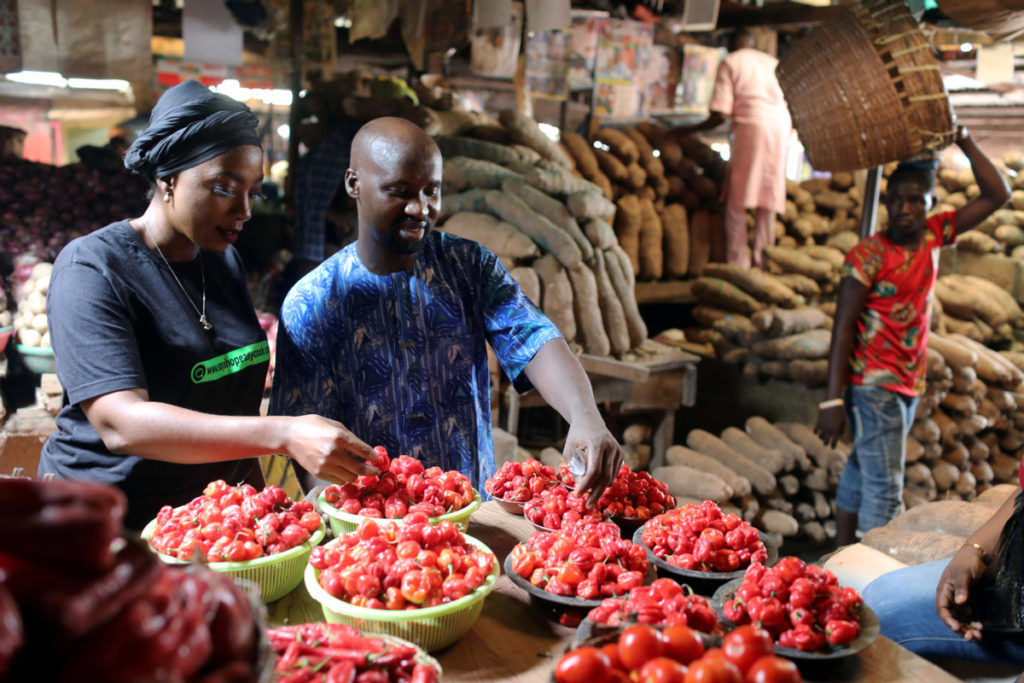Nigeria’s Federal Ministry of Communications and Digital Economy through the National Information Technology Development Agency has adopted 130 farmers into the National Adopted Village for Smart Agriculture program to provide Nigerian farmers with the means to showcase their farm produce in the digital world market.
The project, which will be piloted in the state of Jigawa, was initiated to systematically adopt farmers across the 774 Local Government Areas of the country to support and equip them with necessary skills that will make Nigeria one of the leading nations in digital farming.
According to Isa Pantami, Nigeria’s minister of Communications and Digital Economy, there is a need to come up with innovative ideas that will promote smart agriculture in Nigeria as a means of diversifying the nation’s economy, adding that Nigeria is blessed with a large, fertile landmass.
While delivering his special address during the unveiling of the program on Tuesday, Pantami noted that the National Adopted Village for Smart Agriculture is part of the main policy of the National Digital Economy policy and strategy for a digital Nigeria launched and unveiled by Nigeria’s president, Muhammadu Buhari.
Badaru Abubakar, the governor of state who attended the ceremony virtually, said he appreciated the vision of the Nigerian government for bringing the project to the state and promised to ensure its sustainability.
“Jigawa state will remain grateful for being chosen to pilot this project that will alleviate poverty, as well as make the farmers independent in their lives. I thank the Ministry of Communications and Digital Economy, the National Information Technology Development Agency and other partners for finding this state worthy to kick-start this laudable project,” Abubakar said.
Abubakar cautioned the beneficiaries against the misuse of the materials and knowledge while reminding them that the state has turned around thousands of poor people’s lives through agriculture, especially in rice farming.
Under the program, 130 beneficiaries drawn from 27 local government areas in Jigawa state will be trained and provided with smart devices, internet connectivity, a seed fund and access to certified hybrid seed.
In his address, Mallam Abdullahi, director-general of the National Information Technology Development Agency, said that the goal of the program is to build digital capabilities and innovations across agriculture value chains aimed at creating a massive number of jobs and improving the income and wealth of every ecosystem player. He said that in Nigeria, agriculture hires about 70 percent of the workforce.
According to Abdullahi, the Ministry of Communications and Digital Economy and his agency conceived the idea of introducing a digital platform to help move small scale farmers to the commercial level using a performance-based approach. That is why the project targets graduates with prerequisite knowledge to participate in the project.
“As we battle food insecurity and work towards being large-scale producers and traders in agricultural products, we believe that it is only through innovations where technology plays a vital role in terms of increasing our efficiency and capacity can we attain the jobs and wealth creation levels we aspire to,” Abdullahi said.
